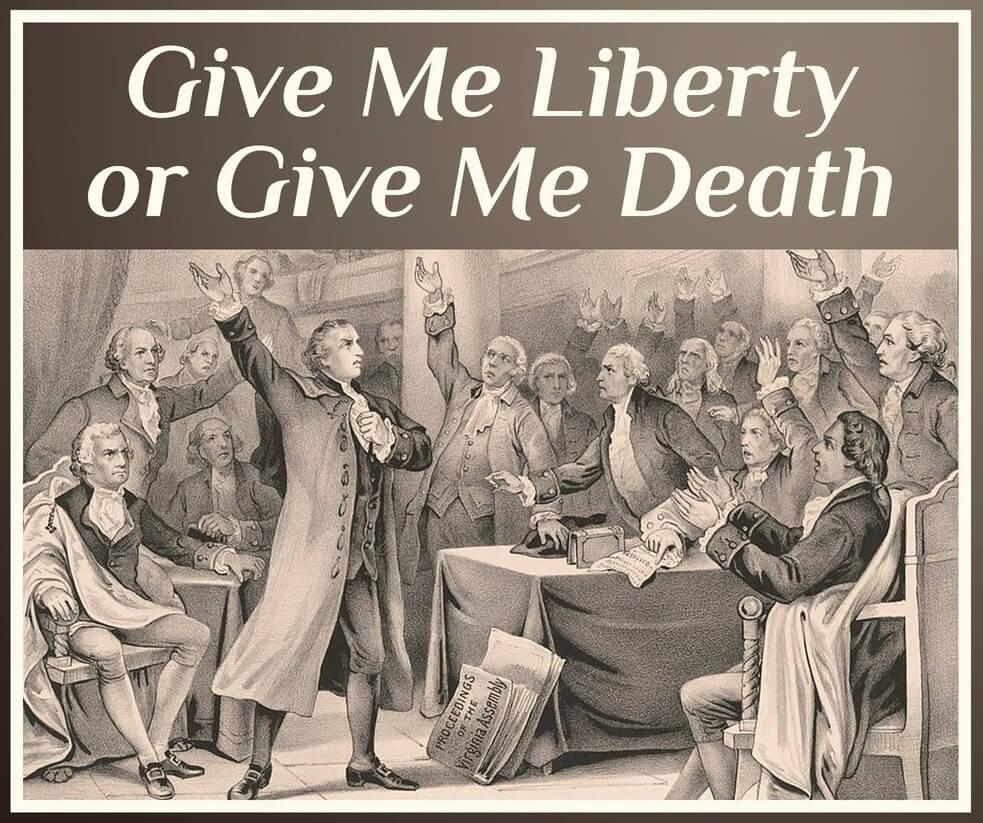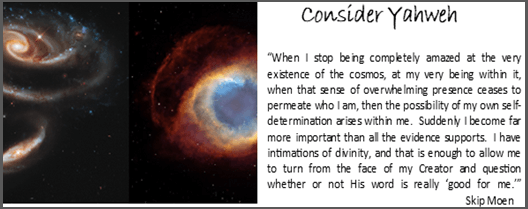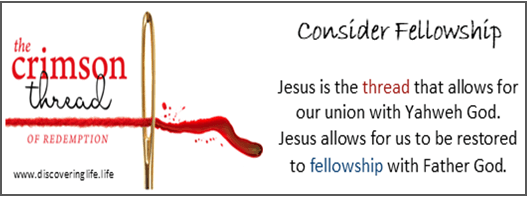Those famous words were spoken by Patrick Henry in 1775 at the Second Virginia Convention. Evan Andrews writes, “Revolution was in the air in early 1775. Only a few months earlier, delegates from the American colonies had held the first Continental Congress and sent Britain’s King George III a petition for redress of grievances, among them the repeal of the so-called “Intolerable Acts.” A mass boycott of British goods was underway, and Boston Harbor still languished under a British blockade as punishment for 1773’s Boston Tea Party. In a speech to Parliament in late 1774, King George had
denounced the “daring spirit of resistance and disobedience to the law,” which seemed to be spreading like wildfire across the American continent.”
Henry was convinced the war was around the corner, and he arrived at the Virginia Convention determined to persuade his fellow delegates to adopt a defensive stance against Great Britain. On March 23, he proposed a resolution proposing Virginia’s counties raise militiamen “to secure our inestimable rights and liberties, from those further violations with which they are threatened.” At this convention, Henry delivered his fiery speech, which included the phrase, “Give me liberty or give me death.”
In essence, many felt they were being “held captive” by King George III, and the build-up of the British troops in the states was proof that it would only get worse. Liberty is only in play when captivity is an active foe. The word captive means to take as a prisoner and be in a state of great affliction and misery. Though most of us have never been a captive in a war or other forced status, we have been, or are currently, in a state of captivity by our circumstances or own thoughts and actions, or sin and unbelief.
The word captive is spelled with three letters, and the picture painted by the combination of the letters gives us clarity about the depth of being captive. The first letter (shin) tells us we may be held captive by destructive consuming passions such as anger, revenge, bitterness, etc. The second letter (beth) tells us we can become captive to feelings of spiritual superiority, and the last letter (hei) warns us when we allow our consuming passions and feelings of spiritual superiority to take hold, we can fall into self-deception thinking we are correct, and everyone else is wrong. When this happens, we fall into a state of “shavah,” where we are captive and held prisoner to affliction and misery.
There is only one true source of liberty. Jesus quoted Isaiah’s prophecy of him in Isaiah 61:1 when He tells us in Luke 4:18 He is the one who would set the captive free. The word freedom or liberty had its origins in the flight of a bird. Being able to fly away like a bird has always been the ultimate picture of freedom.
Like the word captive, the Hebrew word for freedom/liberty also has three letters, and their picture tells us how we can experience liberty. The first letter (daleth) is a picture of a doorway, which tells us Jesus is the doorway out of our captivity. The second letter (resh) pictures the doorway that goes through repentance. Finally, the last letter (resh) tells us we must return to our core values of forgiveness, love, longsuffering, gentleness, goodness, faith, meekness, etc. This is the only way out of captivity to true liberty.




